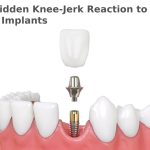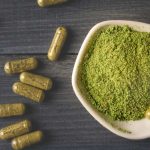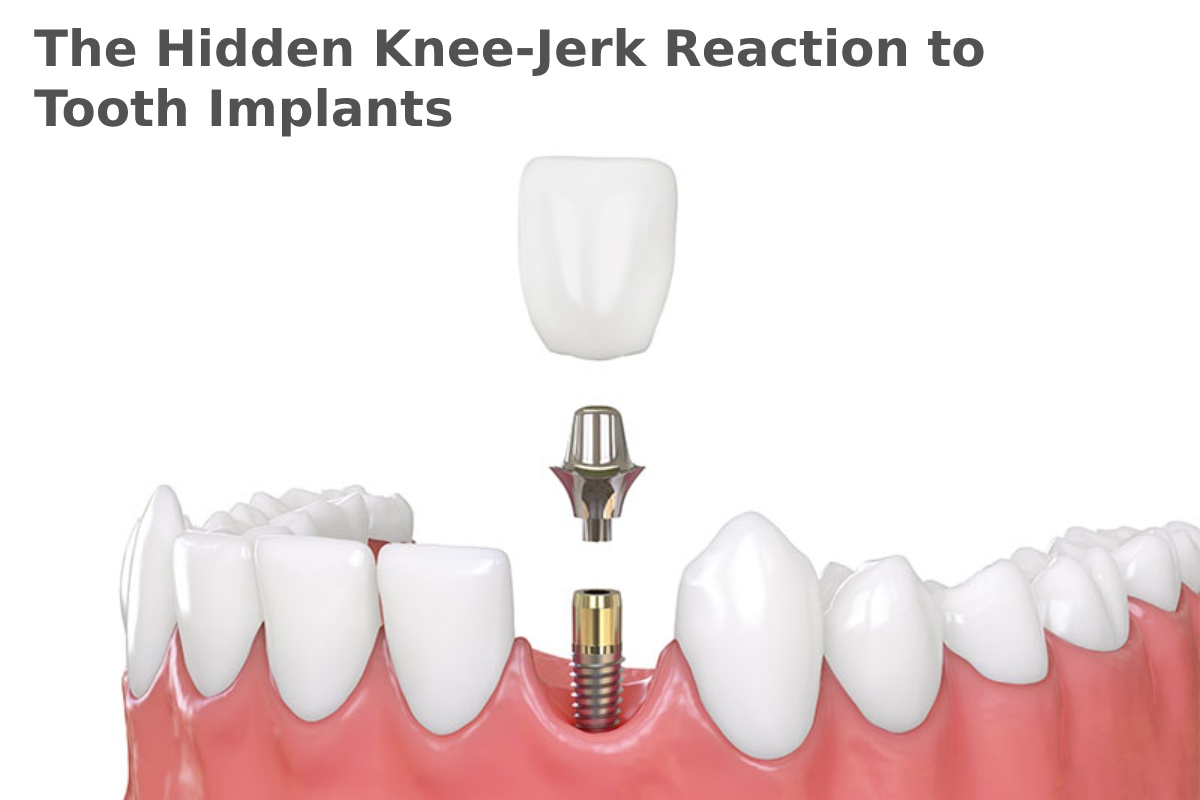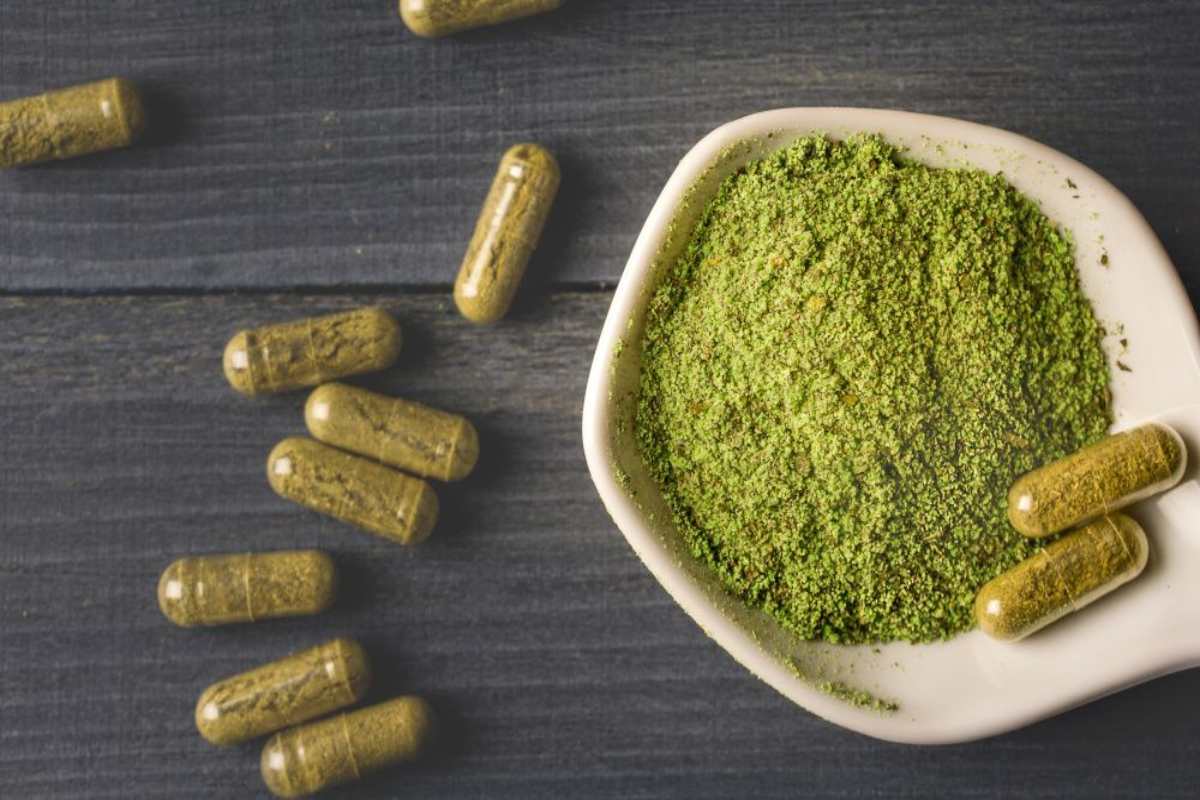Anti-Aging Supplements – People don’t realize the value of self-care until they start experiencing age-related cognitive decline, poorer sleep quality, and a weaker immune system. When finally feeling the effects of older age, many are especially concerned by the symptoms associated with aging such as:
- Age-associated weight gain
- Difficulty in controlling body temperature
- Weakened immune systems
- Metabolic disorders
- Neurodegenerative diseases lead to chronic conditions such as Alzheimer’s disease.
- Skeletal muscle aging and a greater risk for other illnesses such as sarcopenia and cancers.
To combat the issues with age-related diseases, medical research has developed dietary supplements to make up for the losses in well-being. Supplements don’t magically increase your life expectancy, but they are capable of providing a more bearable and slow aging process. Here are three anti-aging supplements that you should know about:
1. Coenzyme Q10 (CoQ10)
Coenzyme Q10 or CoQ10 is an antioxidant that plays a key role in protecting against oxidative damage and free radicals. With increasing age, the synthesis of CoQ10 may inhibit by chronic diseases or other drugs meant to treat other age-related issues.
CoQ10 is a naturally occurring molecule that is largely present within the mitochondria. Throughout its lifetime, reactive oxygen species (ROS) may produce, damaging mitochondrial DNA and speeding up cell aging.
As reported in a study on CoQ10 supplementation, the coenzyme reacts with ROS, allowing it to transform back into non-harmful forms. In addition, the study notes that a dietary supplement of CoQ10 could also decrease oxidative stress in other organs such as the heart, improving overall physical performance.
While foods like avocados, mackerel, and vegetable oils do contain CoQ10, older people may struggle to sustain enough coenzyme levels. If you’d like to take CoQ10 supplements, it’s best to seek professional medical advice first to know your recommended dosage.
2. Nicotinamide mononucleotide (NMN)
Nicotinamide mononucleotide or NMN appears throughout the body as an essential molecule that acts as a nicotinamide adenine dinucleotide (NAD+) precursor. These NAD precursors contribute to many biochemical reactions, especially in DNA repair, which is important for cell survival and provides anti-aging properties.
NAD+ is a common molecule used to create ATP – our cells’ energy currency -, through one of the cellular pathways used in energy metabolism. Hence NMN serves as an anti-aging molecule that contributes to energy production by providing more NAD+ in the body. However, as people age, they experience decreased NMN production in their bodies, leading to a decline in NAD levels and leaving them at risk of various diseases.
DNA damage due to environmental factors, such as radiation, pollution, and imprecise DNA replication, can cause a significant increase in aging. To combat the aging process, NMN supplements can take to replenish NAD levels, which helps fuel the molecular machinery involved in DNA repair. Accordingly, by protecting our genetic blueprints, we become less susceptible to the onset of harmful age-related diseases.
Although many studies have focused on NMN’s effects in older mice, humans have also been tested for the benefits of taking NMN. Notably, a study funded by Metro International Biotech led by David Sinclair has conducted clinical trials on humans.
Although the 10-week study failed to identify any significant changes in glucose metabolism and insulin sensitivity after supplementation, NAD levels still increased. There were no adverse events reported, highlighting NMN’s safety. Notably, taking nicotinamide riboside (NR), a component of NMN, also provides a similar benefit. However, a clinical trial on this molecule is currently awaiting results.
Considering that NR is still a heavily regulated therapeutic drug, you can opt to increase NAD levels by safely consuming small amounts of NMN through food like cabbage, cucumbers, and avocado.
3. Resveratrol
Resveratrol is a plant compound with antioxidant properties. The compound typically use in plants to survive drought or attack from disease. On the other hand, its ability to reduce inflammation has been helpful in protecting the human body from several diseases.
A scientific review of resveratrol found that resveratrol supplementation can help slow down cognitive decline and improve overall cognition. The supplement is able to decrease neuroinflammation and oxidative stress while simultaneously improving the production of new neurons and enhancing neurotransmitters. Other studies on aged mice have found that it’s also capable of developing skeletal muscles and even slowing the spread of cancer through altering signaling pathways between cells. There have also been implications for fertility and osteoporosis, but further research need.
Though resveratrol has plenty of benefits, these mostly find in animal models. More human trials still need to ensure positive gains from long-term administration. In the meantime, you can get healthy dosages from everyday foods like grapes, red wine, peanuts, and blueberries.
Fighting age-associated physiological decline and physical defects
Considering the positive effects of these supplements, it’s important to look out for further developments, especially in Resveratrol and NMN research. That way, you can reap the rewards of these supplements before experiencing the effects of age-related decline and hopefully have healthy longevity.












